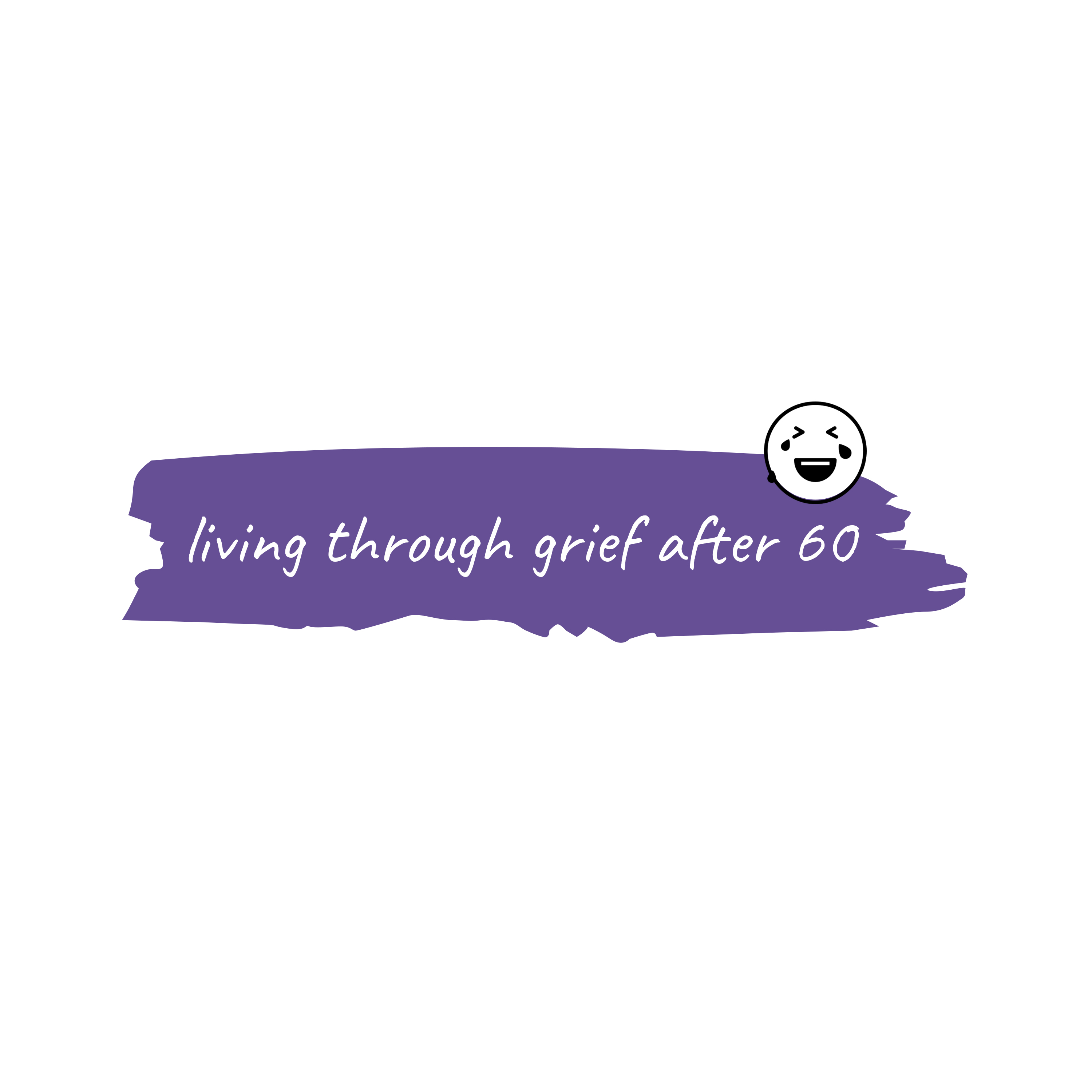The Dangers of Prescription Drug Abuse
Opioid prescription drug abuse is a major health issue in this country. It affects people regardless of age, race, gender, and socioeconomic status. Prescription drugs can lead to ruined lives and death. In 2011, it was found that more people died of prescription drug overdoses than heroin and cocaine overdoses combined, according to “What’s Your Grief”.
Why Is Prescription Drug Abuse Disenfranchised Grief?
Disenfranchised grief is neither acknowledged by society nor publicly mourned. There is a stigma that is attached with substance abuse. It’s not considered as worthy of mourning or grieving as other causes of death, What’s Your Grief found in 2019. A drug overdose is seen as avoidable, according to “What’s Your Grief”.
Why Are Seniors Susceptible to Prescription Drug Abuse?
Seniors are more susceptible to the effects of prescription drug abuse by age 60. The body’s ability to absorb and filter their medications become slower as seniors age, familydoctor.org found. Seniors are prescribed several medications. They become confused about which prescription(s) should be taken for which condition(s) at what time. Seniors become addicted to opioid pain killers because their doctors prescribe them. Seniors can eventually become addicted if information about the drug is not given by doctors or pharmacists. The information needs to include side effects and refill instructions.
How Does Prescription Drug Abuse Affect Seniors?
The Substance Abuse and Mental Health Services Administration (SAMHSA) found that 3 out of 10 people between 57 and 85 use at least 5 different prescriptions, familydoctor.org found. Seniors have a greater chance of becoming addicted from prescription drugs “at a lower dose than a younger adult”, due to increased mistakes, familydoctor.org continues. Constipation, confusion, breathing problems, and “problematic interactions with other medications”, are dangerous side effects for seniors, Jenny Gold, writing in Kaiser Health News (KHN) in 2017, asserted.
Medications Seniors Are Prescribed
There are two types of medications prescribed to seniors: opiods to relieve pain, and benzodiazepines to control anxiety, panic attacks, or insomnia, familydoctor.org reported. Symptoms of prescription drug addiction can be confused with those of memory loss and confusion, familydoctor.org added.
How Have Doctors Prescribed Medications for Seniors?
The increased examination of prescription drug use has changed the way doctors prescribe medications to the elderly, Gold found. In 2011, a study found that 15% of seniors were prescribed a drug containing opioids upon discharge from the hospital, Gold continued. “A growing number of seniors have been prescribed opioids including hydrocodone, codeine, and oxycodone”, Gold found
The Stigma of Senior Prescription Drug Abuse
Seniors have been finding it harder to get prescription drugs containing opioids from their doctors and pharmacists, Gold reported. There have been reports that seniors will attempt to obtain oxycodone from other sources until they get the drug.
Seniors who are prescribed pain killers are four to five times more likely to suffer a fall or fracture, Gold adds. The senior’s family may be called if the fall was due to prolonged opioid use. Either the doctor or the family may attempt to wean the senior off the opioid. The senior would be considered a drug addict by family and friends. If the senior dies, their family may have difficulty acknowledging that their loved one died of an opioid drug overdose, “What’s Your Grief” noted.
How Prescription Drugs Can Help Seniors
Opioid use can help seniors diagnosed with osteoporosis and severe spinal stenosis, geriatrician Carla Perissinoto told Gold. Seniors who take prescription drugs can remain in their own home as long as possible. Doctors should assess a senior’s needs prior to prescribing opioid medication.The doctor should follow-up with family if their patient begins to show signs of addiction.
Warning Signs of Senior Substance Abuse
Family members of seniors should be aware of medications and any behavioral changes, familydoctor.org recommended. Warning signs of substance abuse include:
- Getting a prescription for the same medicine from two different doctors.
- Filing a prescription for the same medicine at two different pharmacies.
- Taking more of a medicine than they used to or take more than is instructed on the label.
- Taking the medication at different times or more often than is instructed on the label.
- Becoming more withdrawn or angry.
- Appearing confused or forgetful.
- Talking about a medication often.
- Are fearful about going somewhere without taking a medicine.
- Getting defensive when asked about a medication.
- Making excuses about why they need a medication.
- Storing “extra” pills in their purse or pocket.
- Sneaking or hiding medicine.
- Had been treated for alcohol, drug, or prescription drug abuse in the past. (family.doctor.org)
Further Information on Senior Substance Abuse
Annihilating Addiction – Holistic Approach offers further information on senior substance abuse. Prescription drug abuse is more than “getting high”. Seniors addicted to prescription pain killers appreciate the love and support of friends and family.
“I hear this time and time again from some of my patients who were being judged…: ‘I’d like for that person to walk in my shoes and see what it’s like to live with pain and maybe they would think differently’ ” (Perissinto to Gold, 2017).
If you or someone you love needs help with prescription drug abuse, please call the National Drug Helpline 24/7 at 1-844-289-0879.

